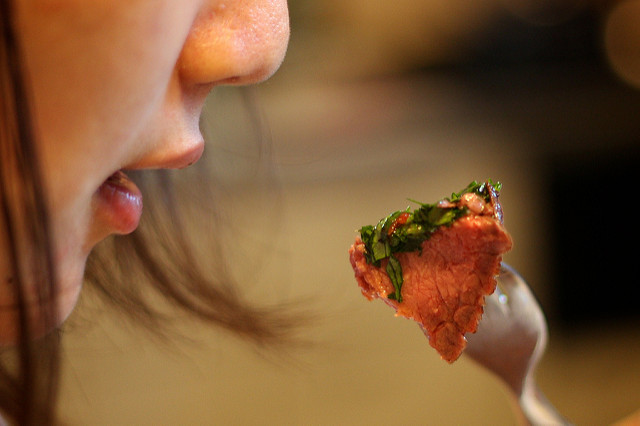It is not uncommon for people to eat when they feel sad, angry, hopeless, bored, or lonely. Eating may make you feel better in the short term. Some foods, such as chocolate, affect the chemicals in the brain that regulate your mood. For that reason, you often feel better right after you have eaten chocolate, but these feelings usually don’t last for very long.
Eating as a response to certain emotions, particularly if you are not hungry, is known as comfort eating. Eating your favorite food occasionally when something upsets you is OK and many people are likely to do this from time to time. Comfort eating may become a problem if you regularly feel sad, angry, hopeless, bored, or lonely and continue to use food to cope with these feelings. If this is the case, it may be a good idea to talk to someone about your feelings and find healthy solutions for managing these emotions. If you are eating when you are not hungry and you feel guilty after eating, it may also be a good idea to talk to someone.
You can contact your doctor, dietitian, nutritionist, psychologist, counselor, or other mental health professionals for more information. By talking to one of these professionals you should be able to work out some of the reasons why you may be comfortable eating and discuss different ways to manage this behavior.
For more information on healthy eating habits check out the nutrition website provided by the US Department of Agriculture.
Acknowledgement: This fact sheet was originally developed by youth and staff at ReachOut.com, a website that helps teens get through tough times.


